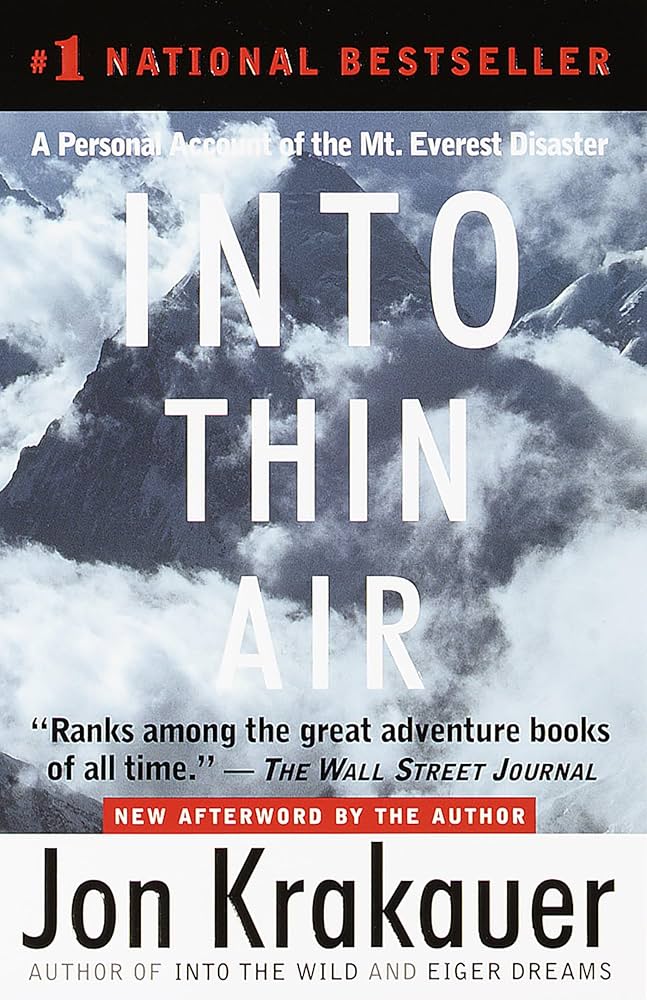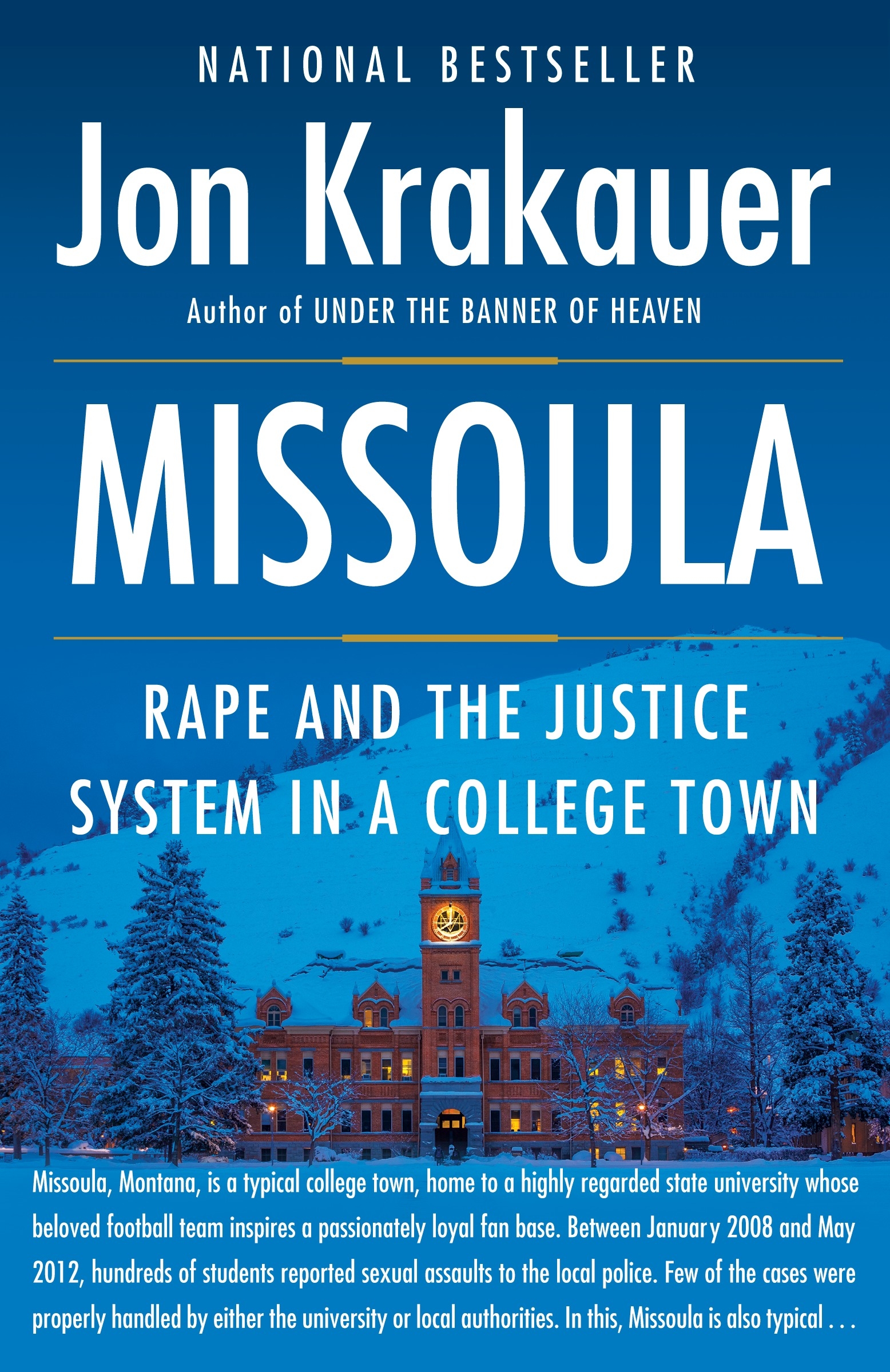Jon Krakauer Books: A Deep Dive into the Life and Work of a Literary Mountaineer

Jon Krakauer is more than just a mountaineer; he’s a renowned author whose works blend thrilling adventure narratives with insightful social commentary. His books have captivated millions, earning him critical acclaim and solidifying his place as a significant voice in contemporary literature. This exploration delves into the breadth and depth of Jon Krakauer’s literary contributions, examining his works across genres, exploring his authorial style and influences, and analyzing the lasting cultural impact of his writing. We’ll consider his books individually, highlighting their themes and significance, and look at his overall career trajectory and influence on readers and writers alike.
Krakauer’s Literary Landscape: Genres and Themes
Jon Krakauer’s oeuvre showcases a remarkable versatility across multiple genres, primarily focusing on adventure narratives, investigative journalism, and biographical accounts. His signature style seamlessly weaves personal experience with rigorous research, creating immersive and intellectually stimulating reading experiences. While adventure and exploration form the backbone of much of his work, his underlying themes consistently resonate with broader societal concerns. He tackles issues of human nature, the allure and dangers of the wild, the ethics of adventure, and the complexities of faith and belief. These interwoven threads create compelling narratives that transcend the specific geographical locations and situations depicted.

Adventure Narratives: Conquering Peaks and Inner Demons
Krakauer’s most well-known works often stem from his own experiences as a mountaineer. Into Thin Air (1997), detailing the 1996 Mount Everest disaster, is a prime example. It’s not merely a recounting of events; it’s a powerful reflection on human ambition, the pressures of commercialized mountaineering, and the ethical dilemmas faced in extreme situations. The book sparked intense debate within the mountaineering community and broadened public awareness of the challenges and inherent risks associated with Everest ascents. Krakauer’s intense self-reflection and his willingness to critique his own actions add another layer of complexity to the narrative. Similarly, Into the Wild (1996) examines the life and death of Christopher McCandless, a young man who abandons societal norms and seeks self-discovery in the Alaskan wilderness. This account sparks ongoing discussions about societal expectations, the pursuit of meaning, and the tragic consequences of ill-prepared risk-taking. Krakauer’s exploration goes beyond simple adventure, analyzing the psychological factors driving McCandless and examining his choices within the context of American cultural ideals.
Investigative Journalism: Uncovering Truth and Exposing Injustice
Krakauer’s journalistic rigor shines in works that expose societal issues often overlooked or ignored. Missoula (2015), which meticulously details the handling of sexual assault cases at the University of Montana, serves as a compelling example. His investigation is a powerful critique of the justice system’s failures in addressing campus sexual violence. It highlights the systemic issues, the societal attitudes contributing to the problem, and the experiences of survivors navigating a flawed system. Under the Banner of Heaven (2003) is another example, blending true crime investigation with a historical examination of Mormon fundamentalism. This deep dive explores the roots of religious extremism and the tragic consequences of blind faith, raising important questions about religious belief and its potential for violence. The thorough research and unflinching portrayal of both the crimes and the complex history of the religious community make this book a remarkable piece of investigative journalism.

Biographical Accounts: Exploring the Human Condition
Even when recounting the lives of others, Krakauer’s biographical works maintain a personal touch. His accounts are not mere biographies but insightful examinations of the human spirit, highlighting both strengths and flaws. The exploration of Chris McCandless’ life in Into the Wild is one such example. While sympathetic to McCandless’ motivations, Krakauer doesn’t shy away from exposing his flaws and the devastating consequences of his choices. This approach allows for a nuanced understanding of McCandless, challenging simplistic interpretations of his actions. Furthermore, the elements of self-reflection throughout his works place the author’s own experience and understanding in juxtaposition with the stories he recounts.
Jon Krakauer: The Author and His Craft
Jon Krakauer’s writing style is a unique blend of elements that combine to create his distinctive voice. He is known for his immersive storytelling, detailed descriptions, and a conversational tone that draws readers into his narratives. His ability to present complex issues with clarity and emotional resonance is one of his greatest strengths.
Krakauer’s Writing Style: A Blend of Immersion and Insight

Krakauer’s style is characterized by its accessibility, despite addressing complex and often harrowing topics. He adeptly blends detailed descriptions of landscapes, events, and personal experiences with insightful analysis. His narrative voice is often personal and introspective, allowing readers to connect with him on an emotional level. However, this personal voice doesn’t detract from the rigorous research and objectivity that underlie his work, resulting in narratives that are both compelling and informative. The personal element adds another layer, making the reader more invested in the outcomes of the situations described, and more willing to engage with the author’s reflections.
Inspirations and Influences: Shaping a Distinctive Voice
While Krakauer’s experiences as a mountaineer and journalist are central to his writing, his literary influences contribute significantly to the shaping of his distinctive voice. He has cited a number of writers, including Ernest Hemingway and Robert Louis Stevenson, as inspirations for his writing style. The clarity and concision found in Hemingway’s works can be seen in Krakauer’s focus on precise language and evocative descriptions. The adventurous spirit found in the works of Stevenson similarly informs Krakauer’s exploration of themes surrounding the appeal and dangers of the wild. These influences combine with his personal experiences and journalistic sensibilities to create a unique literary style.
Famous Works: A Legacy of Literary Achievements
Krakauer’s most famous books are well-known for reasons that extend beyond their captivating narratives. They’ve become touchstones for discussions regarding the relationship between humans and nature, and the complexities of ambition and mortality. Into Thin Air initiated significant conversations about the risks and responsibilities involved in extreme sports, especially the commercialization of mountaineering. Similarly, Into the Wild fueled ongoing debate on the search for meaning, the allure of wilderness, and the consequences of societal rebellion. Missoula serves as a crucial addition to the conversation surrounding campus sexual violence and the inadequacies of the legal system. Each of these books has left a significant mark on the cultural landscape, sparking discussions and prompting important societal changes.
The Wider Impact of Krakauer’s Work
Beyond individual books, Jon Krakauer’s work has had a significant cultural impact, influencing both literature and broader societal discussions. His narratives have inspired adaptations for film and television, further amplifying his reach and influence. The impact extends beyond media adaptations; his writing has fostered communities of readers who engage with his works on a personal and intellectual level.
Literary Influence: Shaping Narrative Non-Fiction
Krakauer’s work has significantly influenced the genre of narrative non-fiction. His unique approach to blending personal experiences with rigorous research has inspired other writers to explore similar forms of storytelling. The emphasis on emotional resonance without sacrificing journalistic integrity creates a model for writers who aim to connect with readers on an emotional level while remaining true to the facts. His success has also demonstrated the broad appeal of non-fiction when combined with a narrative approach that appeals to a wider audience beyond the usual confines of the genre.
Adaptations and Popular Culture: Amplifying Krakauer’s Reach
The enduring popularity of Krakauer’s books has led to several film and television adaptations. The cinematic versions of Into the Wild and Under the Banner of Heaven, particularly, have introduced his narratives to a broader audience, further cementing their impact on popular culture. These adaptations demonstrate the universality of Krakauer’s themes and the power of his storytelling to reach beyond the confines of the printed page. By translating his work into visual mediums, the adaptations broaden accessibility and spark new conversations regarding the central themes he explores.
Awards and Recognition: Acknowledging Krakauer’s Contributions
Krakauer’s literary contributions have been recognized through numerous awards, including the prestigious Academy Award in Literature from the American Academy of Arts and Letters. This accolade underscores his skill as a writer and the significance of his contributions to literature. His recognition speaks to the literary merit of his work, highlighting the combination of meticulous research, powerful storytelling, and insightful social commentary. These awards reinforce his status as one of the leading voices in contemporary narrative non-fiction.
Communities and Cultural Conversations: Fostering Dialogue
Krakauer’s books have inspired numerous discussions and analyses across a variety of platforms, including literary circles, academic settings, and online communities. Readers have engaged with his narratives on personal and intellectual levels, fostering dialogues about faith, morality, human ambition, and the environment. His exploration of morally complex situations encourages engagement and reflection, prompting readers to formulate their own opinions and participate in broader cultural discussions. The enduring appeal of his work demonstrates his ability to tap into universal human experiences, sparking lasting conversations across generations.
In conclusion, Jon Krakauer’s body of work represents a significant contribution to contemporary literature. His blend of adventure narrative, investigative journalism, and biographical storytelling, combined with a distinctive writing style and commitment to rigorous research, has resulted in a legacy of compelling and thought-provoking books. These works not only entertain but also encourage crucial discussions surrounding human nature, ethics, and the complexities of the world around us. His enduring popularity and influence underscore his importance as a leading figure in narrative non-fiction.